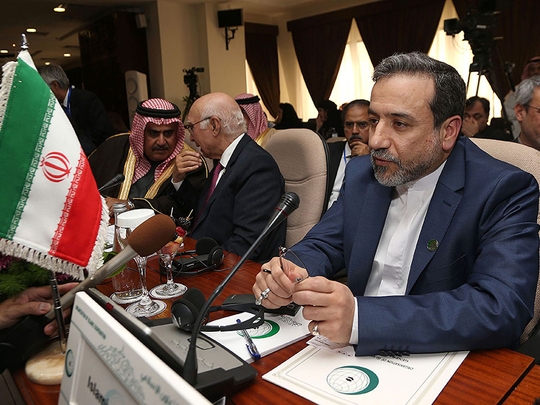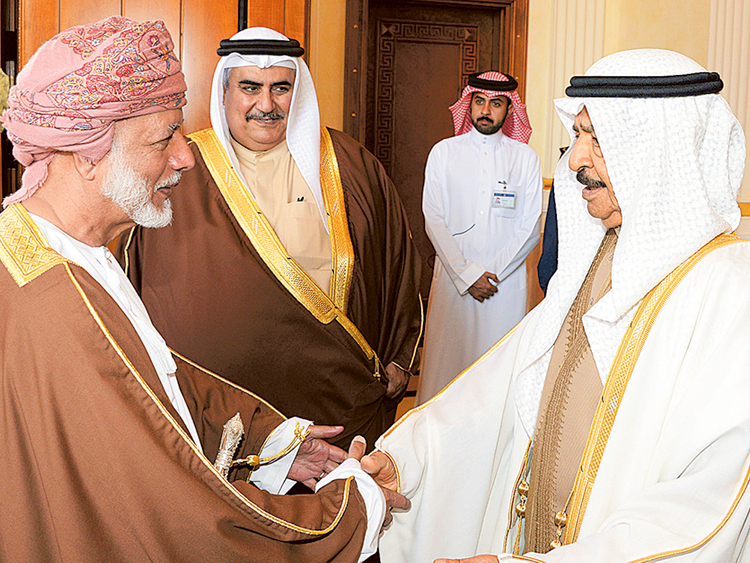
Manama: Kuwait’s Parliament Speaker Marzouq Al Ganem has rejected anti-Saudi Arabia statements made by Iran’s Speaker Ali Larijani during the 11th conference of the Parliamentary Union of the Organisation of Islamic Cooperation (OIC) member states in Baghdad.
“Even when the Saudi delegation is not present at the conference, I, personally, and the Kuwaiti delegation, represent Saudi Arabia, and will not, under any conditions, accept interference in the Kingdom’s internal affairs,” Al Ganem told the conference.
Larijani on Sunday said that the “Saudis have taken steps toward the wrong path,” and expressed hope that “Saudi Arabia would return to moderate policies”.
Saudi Arabia has not sent a delegation to the conference held in the Iraqi capital for the parliaments of Islamic countries.
Saudi Arabia has taken a tough stance against Iran after its embassy in the Iranian capital Tehran and its general consulate in the northern city of Mashhad were attacked by Iranians amid anti-Saudi fiery speeches and intense statements by senior officials.
Saudi Arabia condemned the attacks and severed its diplomatic relations with Iran, a move that was emulated by other Arab countries, including Bahrain and Sudan.
The attacks were condemned by the Gulf Cooperation Council (GCC) comprising Bahrain, Kuwait, Oman, Qatar, Saudi Arabia and the UAE, the Arab League and the Organisation of Islamic Cooperation.
On Sunday, the first forum of Arab foreign ministers and their Indian counterpart joined the chorus of condemnations, saying that the attacks “resulted in intrusions into the diplomatic and consular premises, causing serious damage,” and insisted that the Iranian authorities “bear full responsibility for not protecting the diplomatic premises as stipulated by the 1961 Vienna Convention on Diplomatic Relations and the 1963 Vienna Convention on Consular Relations.”
Last week, and following weeks of vitriolic anti-Saudi statements, Iran’s officials adopted a more conciliatory language and condemned the attacks.
Iran’s highest leader Ali Khamenei denounced the attacks, saying they were “very bad” and “detrimental to the country and Islam.”
Iran’s Foreign Minister Mohammad Javad Zarif told an audience at the World Economic Forum in Davos, Switzerland, that the attacks were “an act against our security, our sovereignty,” and that Iran was “prosecuting the people who committed that horrendous act.”












